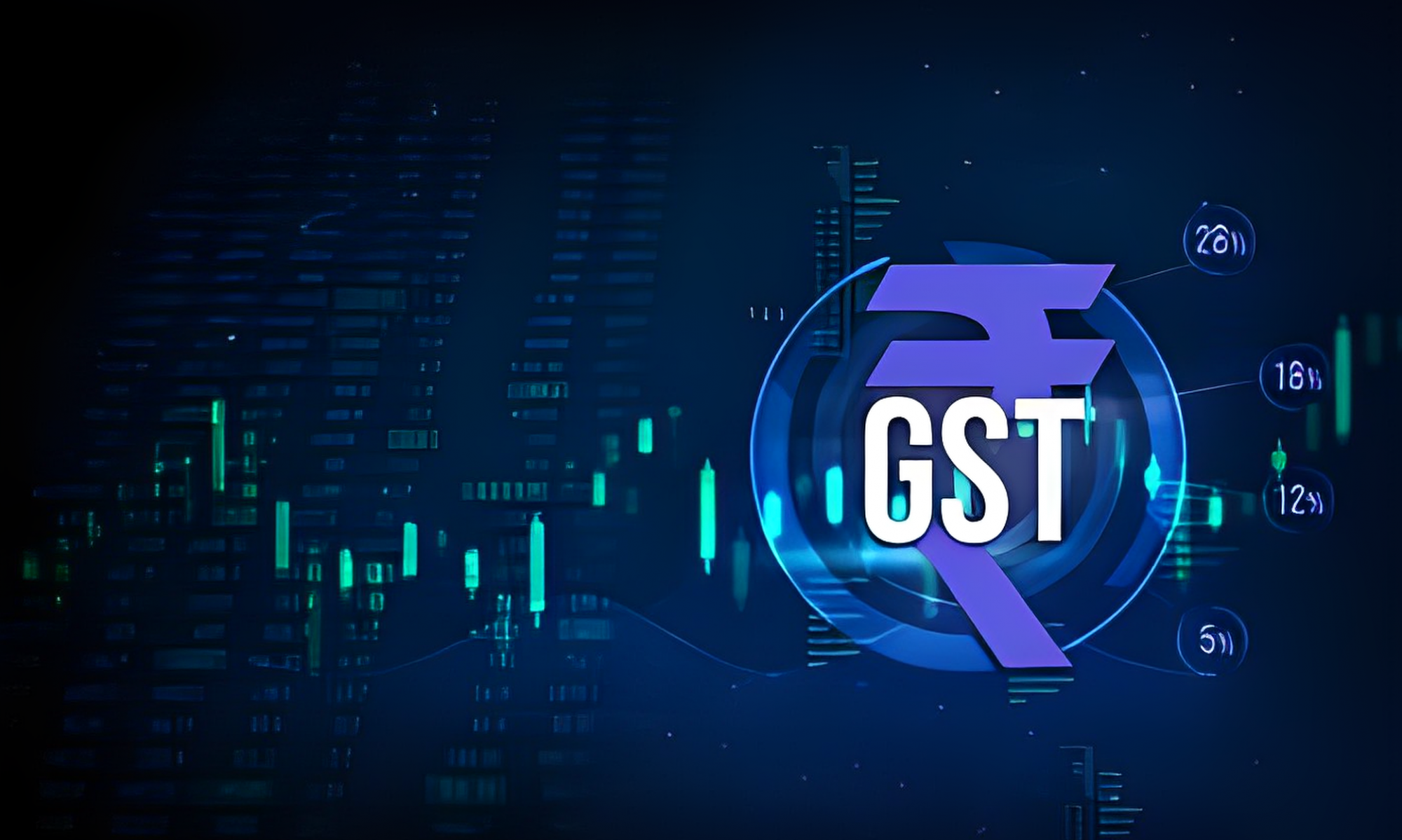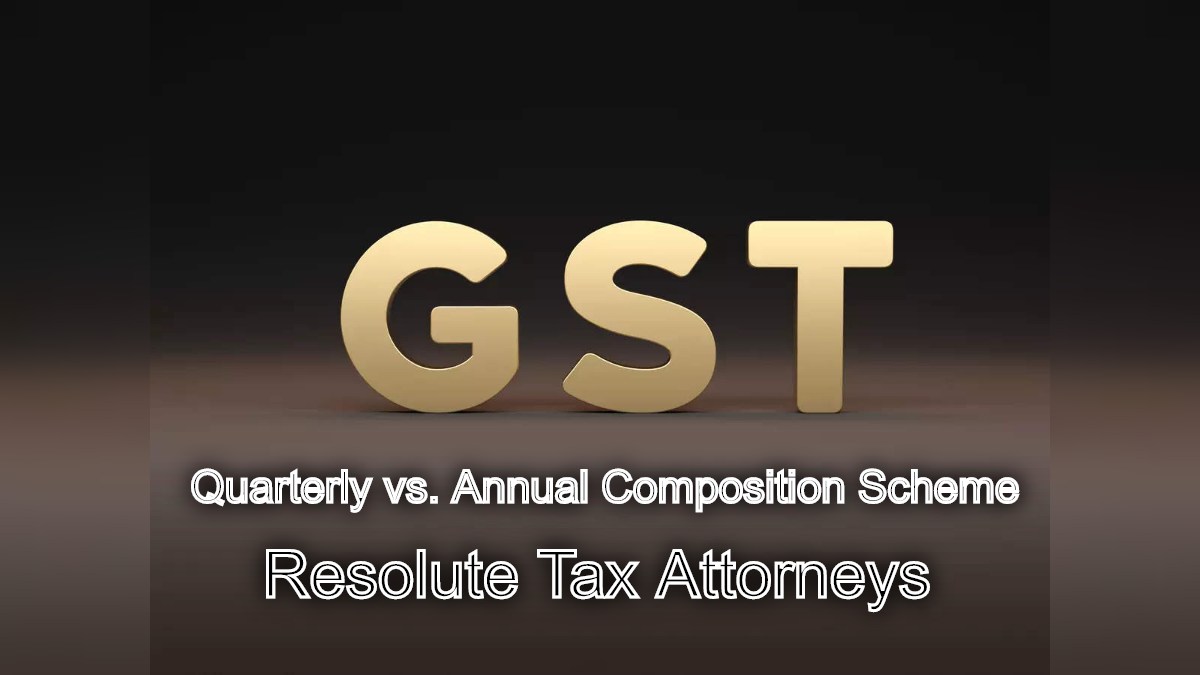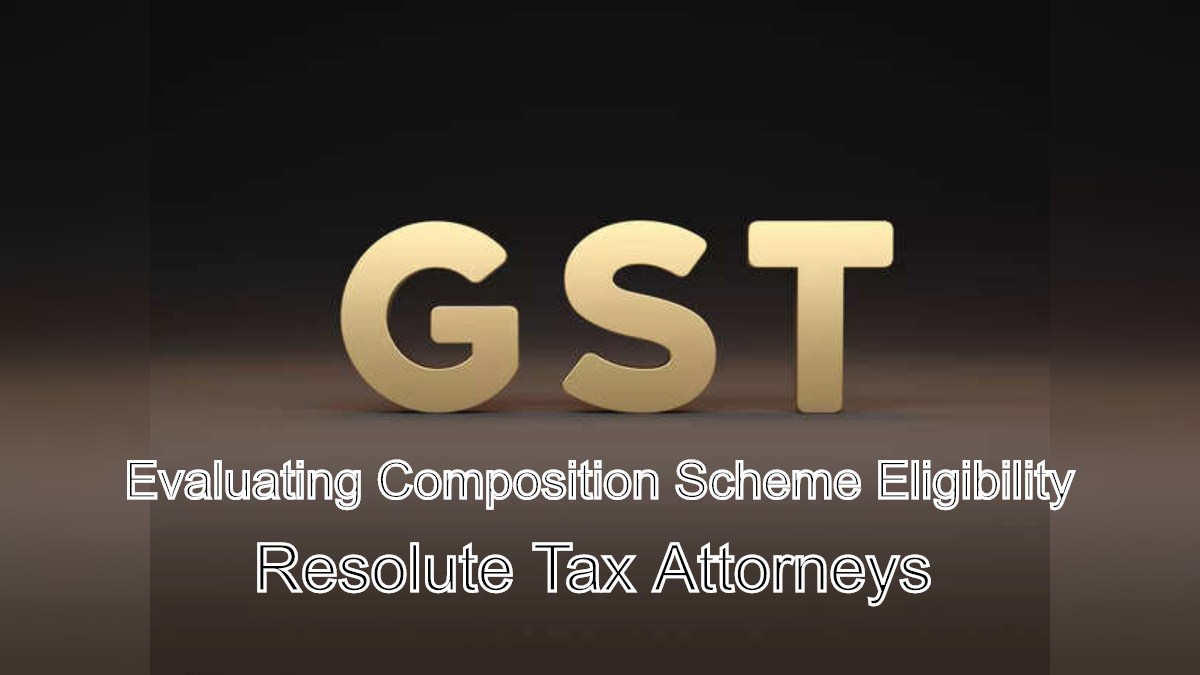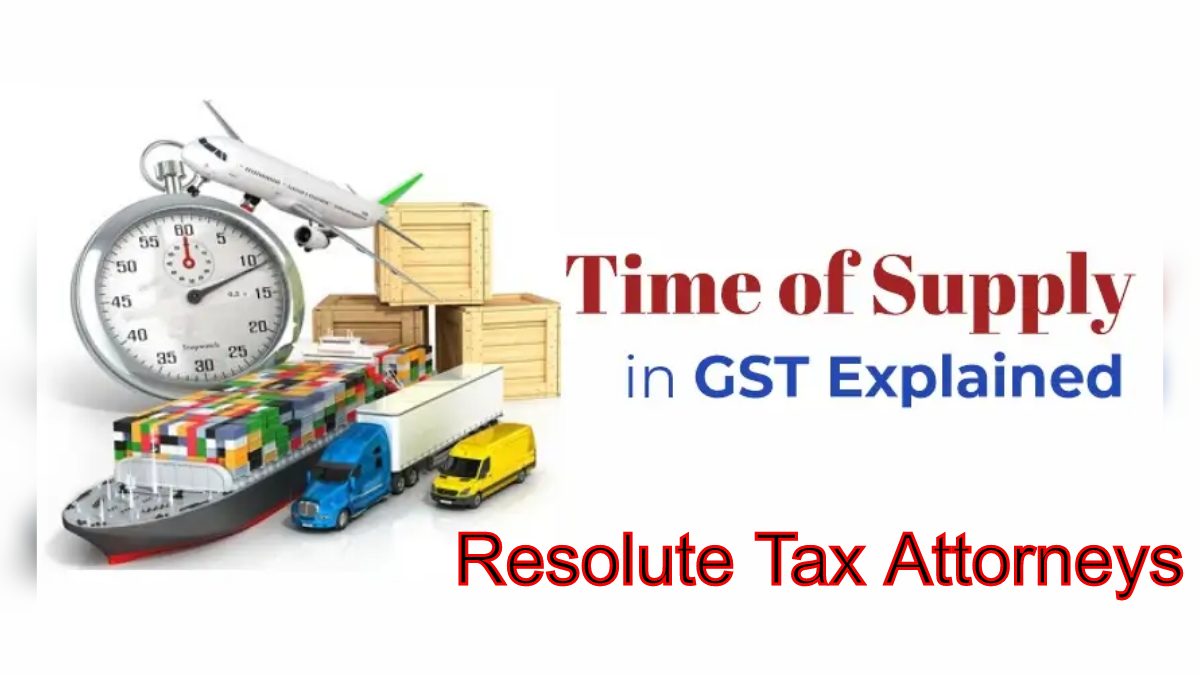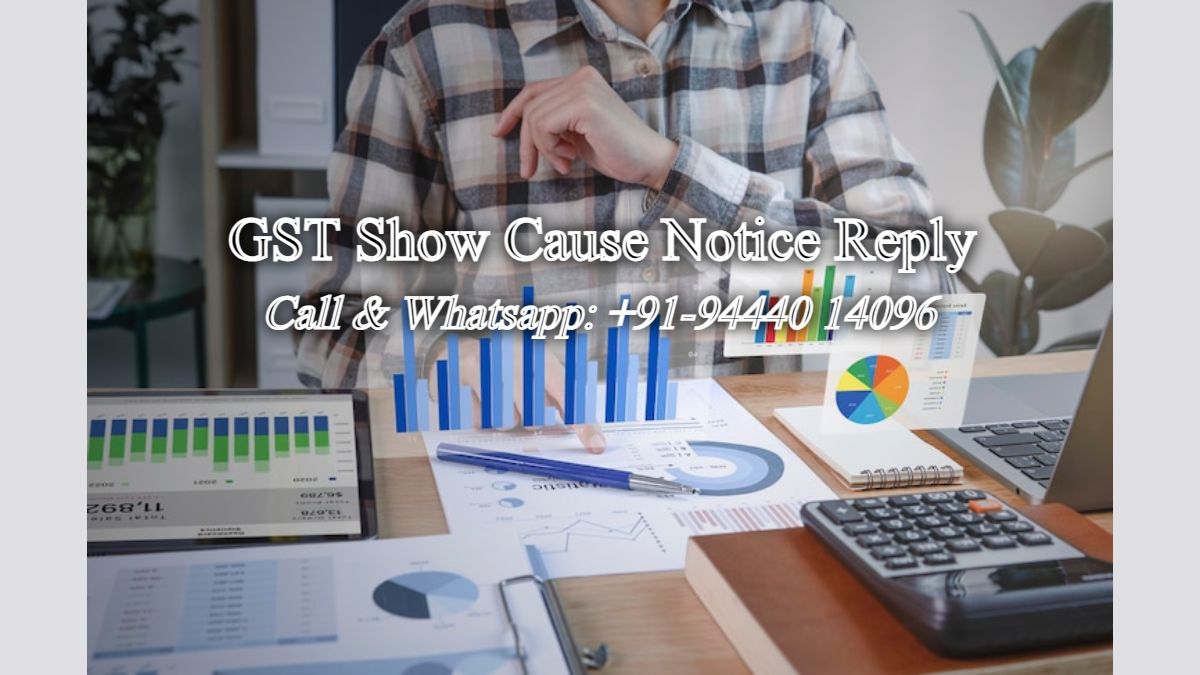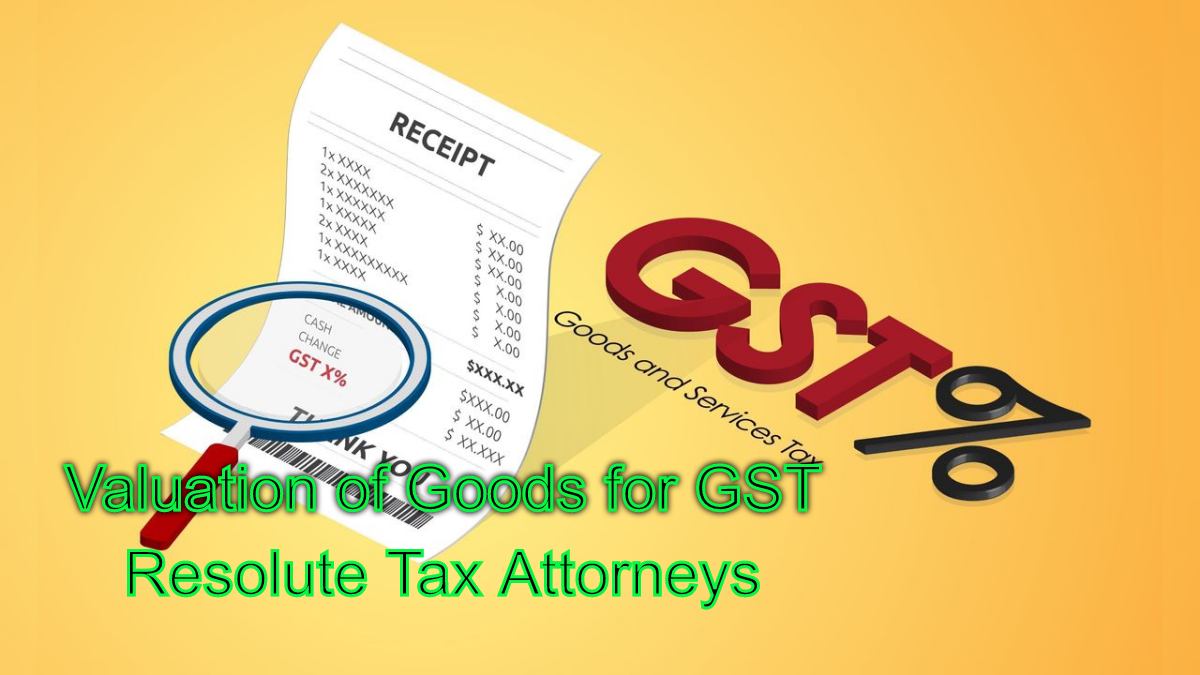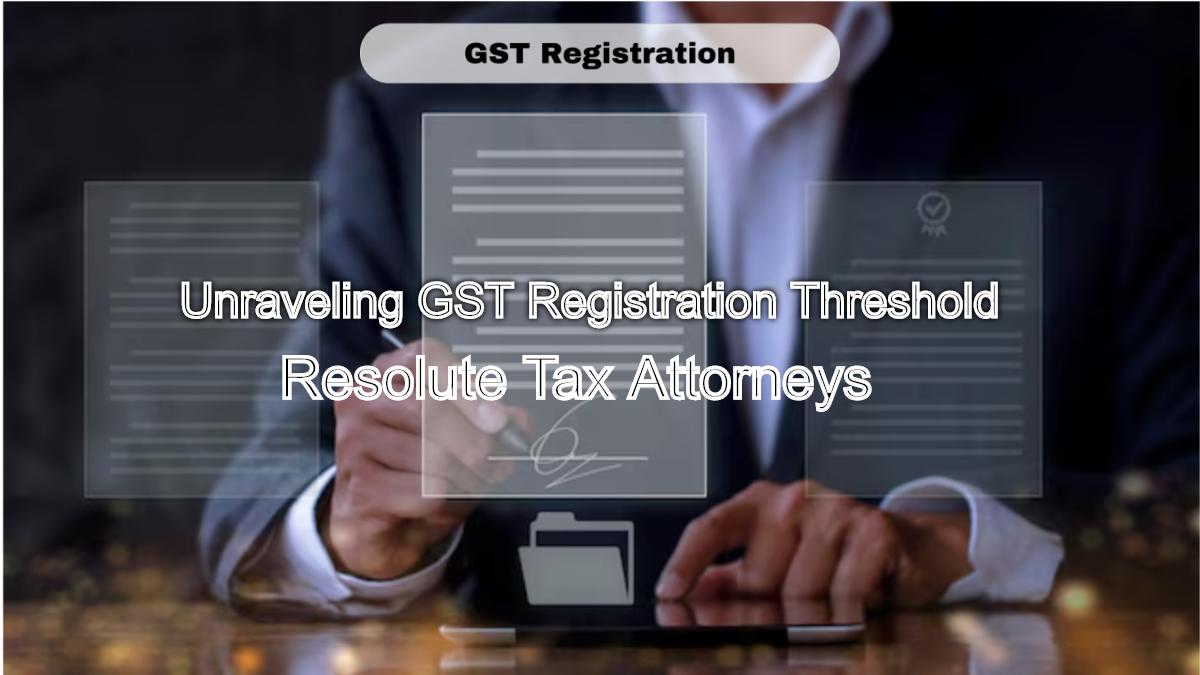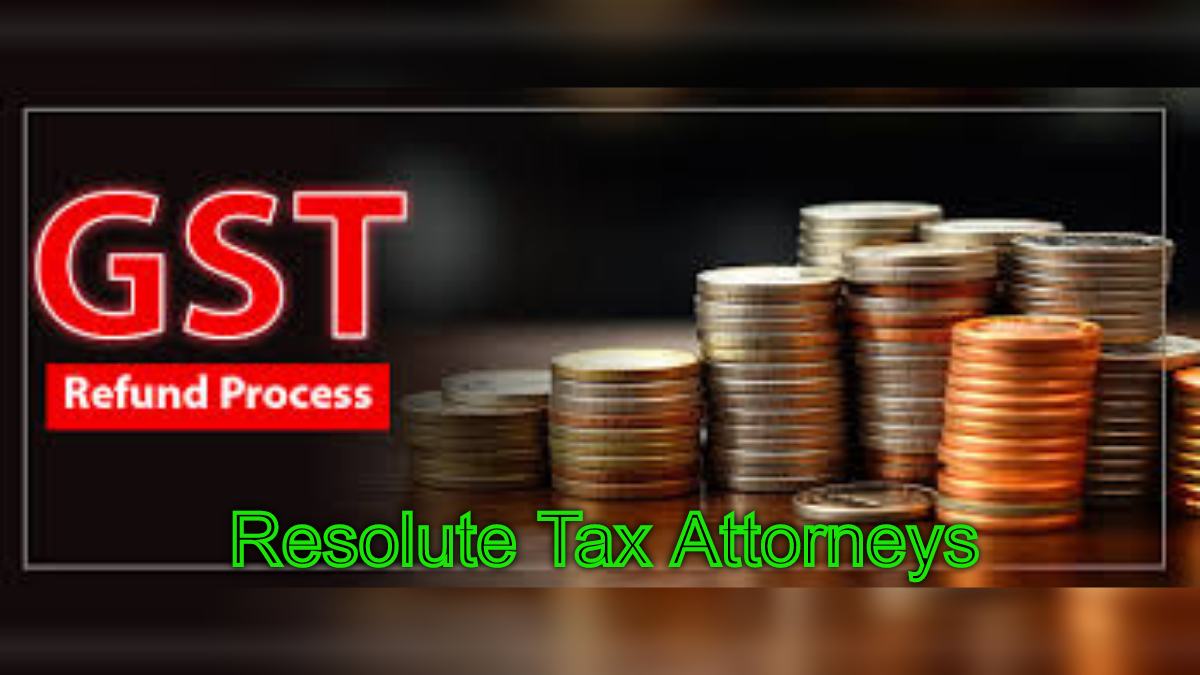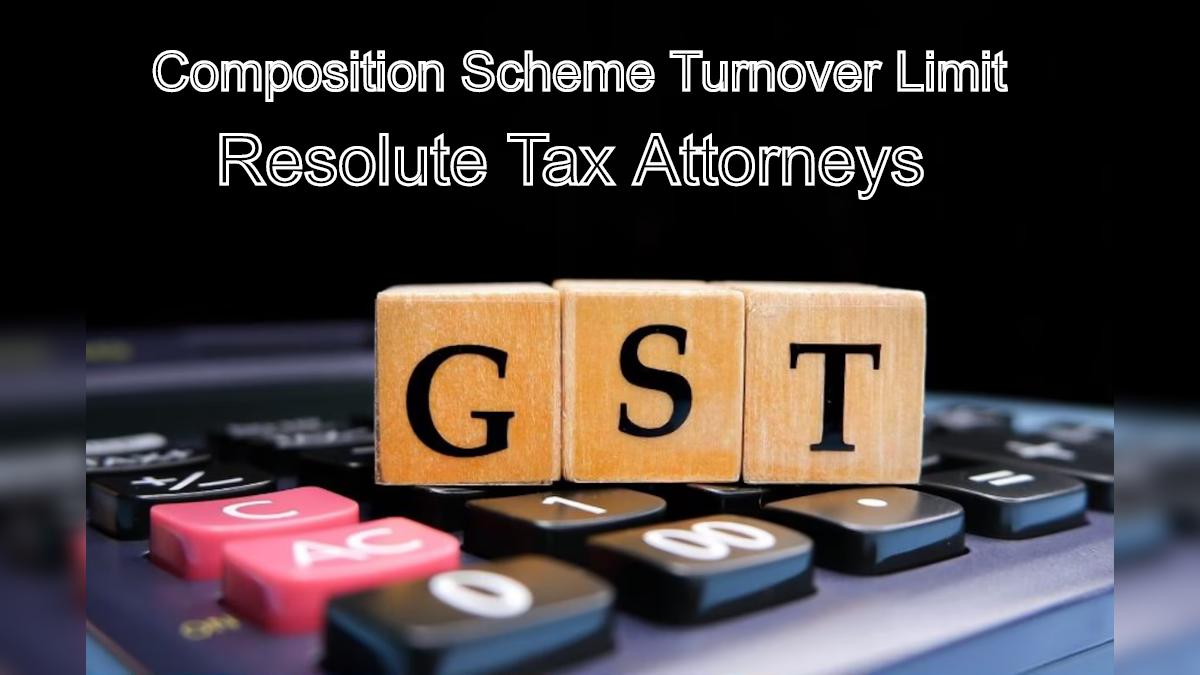Quarterly vs. Annual Composition Scheme: The Goods and Services Tax (GST) regime in India offers various schemes to taxpayers based on their turnover. Among these, the Composition Scheme has gained significant popularity due to its simplified compliance requirements. However, taxpayers often grapple with the decision of opting for the Quarterly or Annual Composition Scheme. This article delves into the key distinctions between these two schemes, helping businesses make informed choices. Resolute Tax Attorneys, a team of expert GST lawyers, provides valuable insights to navigate this complex terrain.
Quarterly vs. Annual Composition Scheme: Choosing the Right Option
Understanding the Composition Scheme
To begin with, the Composition Scheme is a simplified tax regime designed for small taxpayers. Under this scheme, taxpayers pay a fixed percentage of their annual turnover as GST, eliminating the need for complex invoice generation, input tax credit, and return filing.
Quarterly Composition Scheme
Moving on, the Quarterly Composition Scheme mandates taxpayers to pay their GST liability on a quarterly basis. This scheme is generally preferred by businesses with fluctuating turnovers or those seeking more frequent cash flow management.
- Advantages: Regular cash flow, simpler compliance for seasonal businesses.
- Disadvantages: Increased compliance burden compared to the annual scheme, potential for higher interest charges if quarterly payments are delayed.
Annual Composition Scheme
Conversely, the Annual Composition Scheme allows taxpayers to pay their GST liability in a single installment at the end of the financial year. This scheme is suitable for businesses with stable turnovers and those seeking to defer tax payments.
- Advantages: Reduced compliance burden, deferred tax payment.
- Disadvantages: Potential for a significant cash outflow at the end of the year, higher interest liability in case of delayed payment.
Factors to Consider
When choosing between the Quarterly and Annual Composition Scheme, several factors must be taken into account. Firstly, the nature of the business plays a crucial role. Businesses with seasonal fluctuations may find the Quarterly Scheme more advantageous. Secondly, the taxpayer’s cash flow position is another critical consideration. Businesses with stable cash flows may opt for the Annual Scheme. Thirdly, the compliance burden should be assessed. Those seeking a simplified compliance regime may lean towards the Annual Scheme.
Resolute Tax Attorneys: Your Trusted Partners
Making the right choice between the Quarterly and Annual Composition Scheme is crucial for businesses to optimize their tax liabilities and streamline compliance efforts. Resolute Tax Attorneys, a team of seasoned GST lawyers, offers expert guidance to help businesses navigate this complex landscape.
Our team of professionals possesses in-depth knowledge of GST laws and regulations. We provide comprehensive tax planning, compliance assistance, and representation before tax authorities. With our expertise, you can rest assured that your tax matters are in capable hands.
Frequently Asked Questions
A1: Yes, taxpayers can switch between the Quarterly and Annual Composition Scheme once in a financial year. However, the decision must be communicated to the tax authorities within a specified time frame.
A2: The eligibility criteria for the Composition Scheme vary based on the nature of the business and the annual turnover. It is essential to check the specific eligibility conditions as per the latest GST rules.
A3: Yes, taxpayers under the Composition Scheme are generally not eligible to claim input tax credit.
A4: Non-compliance with the Composition Scheme can result in penalties, including late fee charges, interest, and cancellation of the scheme.
A5: Resolute Tax Attorneys offers a range of services, including scheme eligibility assessment, tax planning, compliance assistance, return filing, and representation before tax authorities. Our experts can help you make informed decisions and ensure smooth tax operations.
Conclusion
In conclusion, selecting the appropriate Composition Scheme is a critical decision for businesses. By carefully considering factors such as business nature, cash flow, and compliance preferences, taxpayers can optimize their tax liabilities and streamline operations. Resolute Tax Attorneys stands as a reliable partner, providing expert guidance and support throughout the process.
Remember, seeking professional advice is essential to ensure compliance with GST regulations and maximizing tax benefits.
Read More
- Unlocking ITC Reversal on Exempt Supplies: Expert Insights and Strategies
- How to Prepare for GST Litigation? Tips and Strategies for Businesses
- Appeals Against GST Assessment Orders: Expert Guidance
- Evaluating Composition Scheme Eligibility: Key Factors You Must Know
- Understanding Composition Scheme Turnover Limit: Your Comprehensive Guide
- GST Portal:
